UKIP assembly election poll boost despite candidate row
- Published
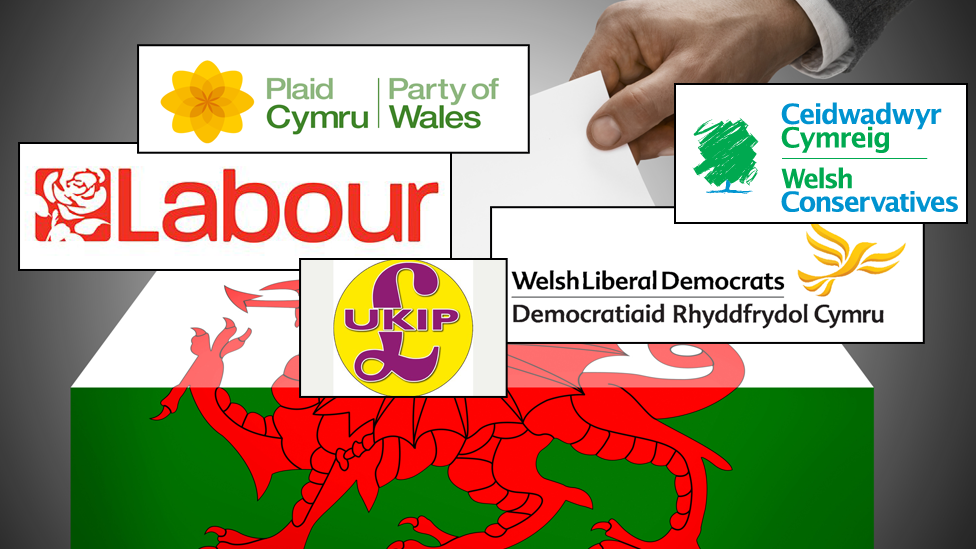
Support for UKIP is on the up as the assembly election approaches, despite a row within the party over candidate selection, a new poll has suggested.
On constituency votes, ITV and Cardiff University research puts Labour on 34% (-4 since December), Conservatives 22% (-1), Plaid Cymru 19% (-1), UKIP 18% (+3) and Lib Dems 5% (unchanged).
Prof Roger Scully said the poll showed a "three-way fight" for second place.
He projected Labour would win 27 seats, three short of a majority.
His analysis suggested the Tories would have 12 seats, Plaid 10, UKIP nine and the Lib Dems two - unchanged from his projection in December.
It takes into account regional list voting for the 20 of the 60 AMs elected using a form of proportional representation.
That data puts Labour on 31% (-3), Conservatives 22% (-1), Plaid Cymru 19% (+1), UKIP 18% (+2), the Lib Dems 4% (unchanged) and Greens 3% (-1).
Prof Scully, from the university's Wales Governance Centre, said Labour remained "a long way ahead of the field" but was continuing to lose the support it gained when Jeremy Corbyn was elected UK leader in September.

"Labour's saving grace continues to be the divided nature of the opposition to them," he said.
"The two main opposition parties in the assembly are essentially stagnant in this poll, a finding that does not bode well for the chances of either the Conservatives or Plaid Cymru making the large numbers of constituency gains that they would need to challenge Labour's dominance in the assembly.
"Unless the Liberal Democrats can stage some sort of revival by May even holding two seats may be an optimistic prognosis for them.
"The clear gainers in this poll are UKIP. This is, in some respects, very strange; the party has been subject to significant internal divisions recently, particularly in Wales, and has attracted substantial negative publicity.
"For 'normal' parties you would expect such developments to generate a loss in public support. But for UKIP this does not appear to be the case. Indeed, the opposite is true - their support continues to grow."
On the question of Europe, a clear lead was opening up for those who would said they would vote to leave the EU in the forthcoming referendum, Prof Scully said.
The survey found 45% would vote to leave (+3) and 37% voting to remain (-3), with "don't knows" on 16% (+2) and those who said they would not vote on 3% (-2).
The poll for ITV and the Wales Governance Centre had a sample of 1,024 Welsh adults and was carried out by YouGov from 9-11 February 2016
- Published9 February 2016
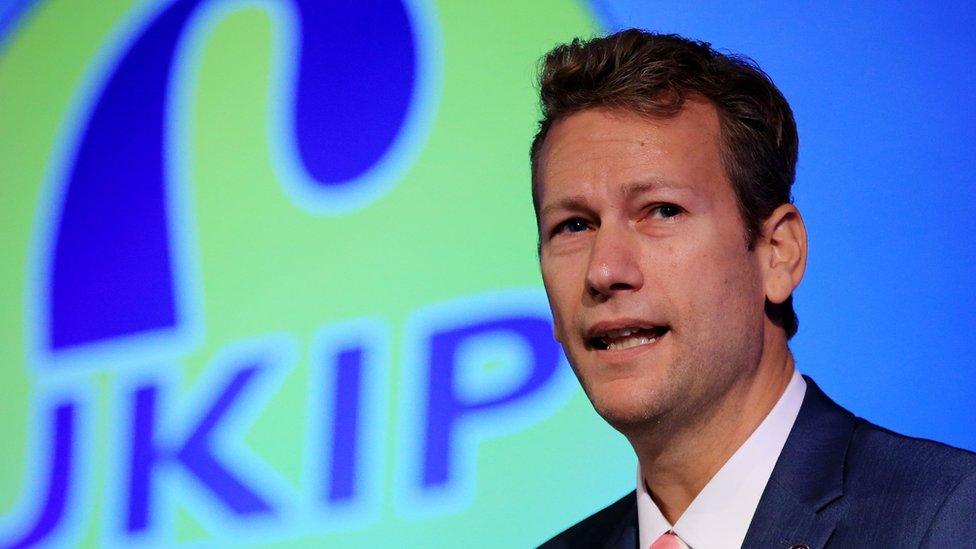
- Published7 February 2016
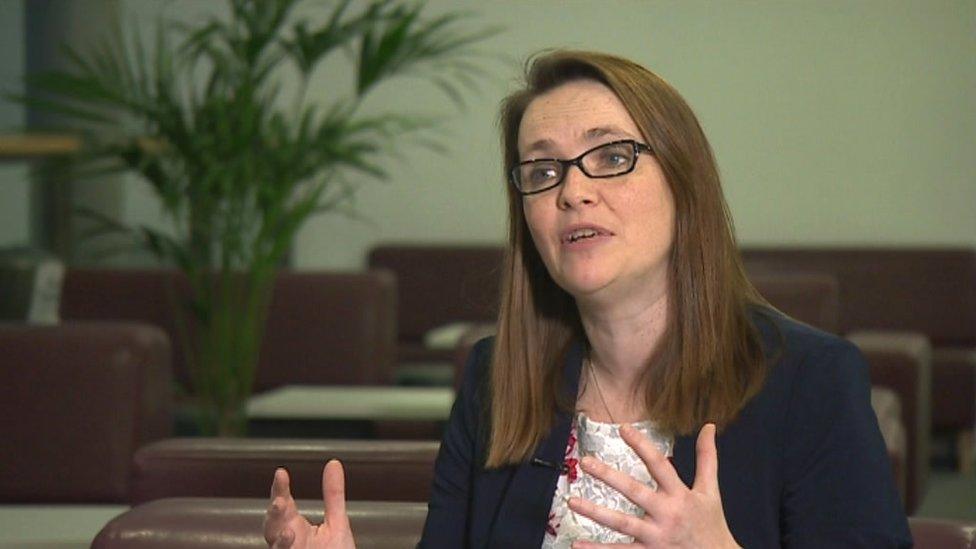
- Published8 December 2015
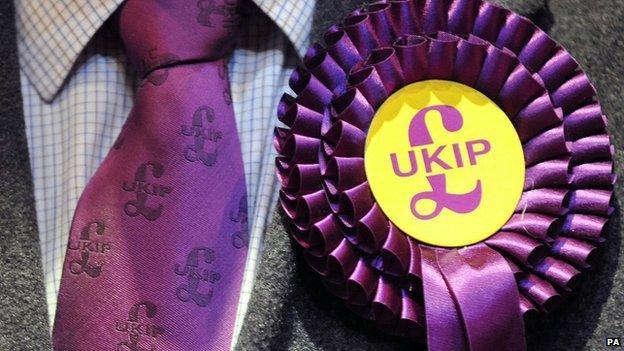
- Published24 October 2015

- Published26 November 2015
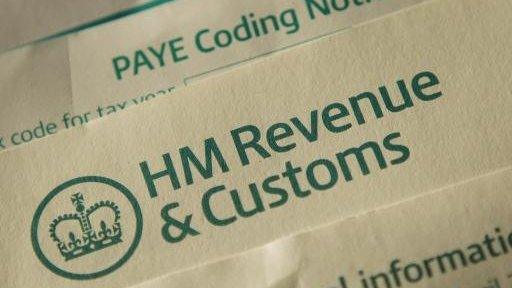
- Published19 November 2015
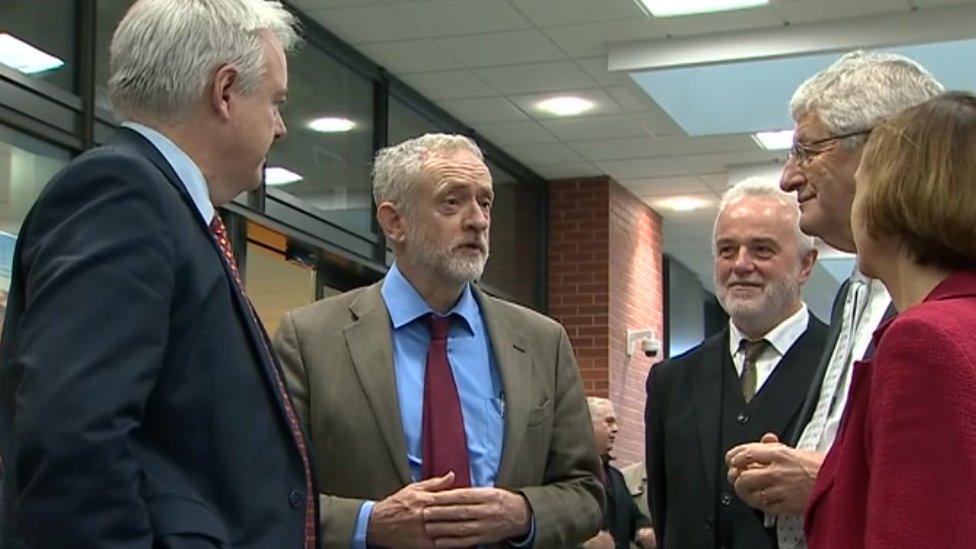
- Published1 September 2015
